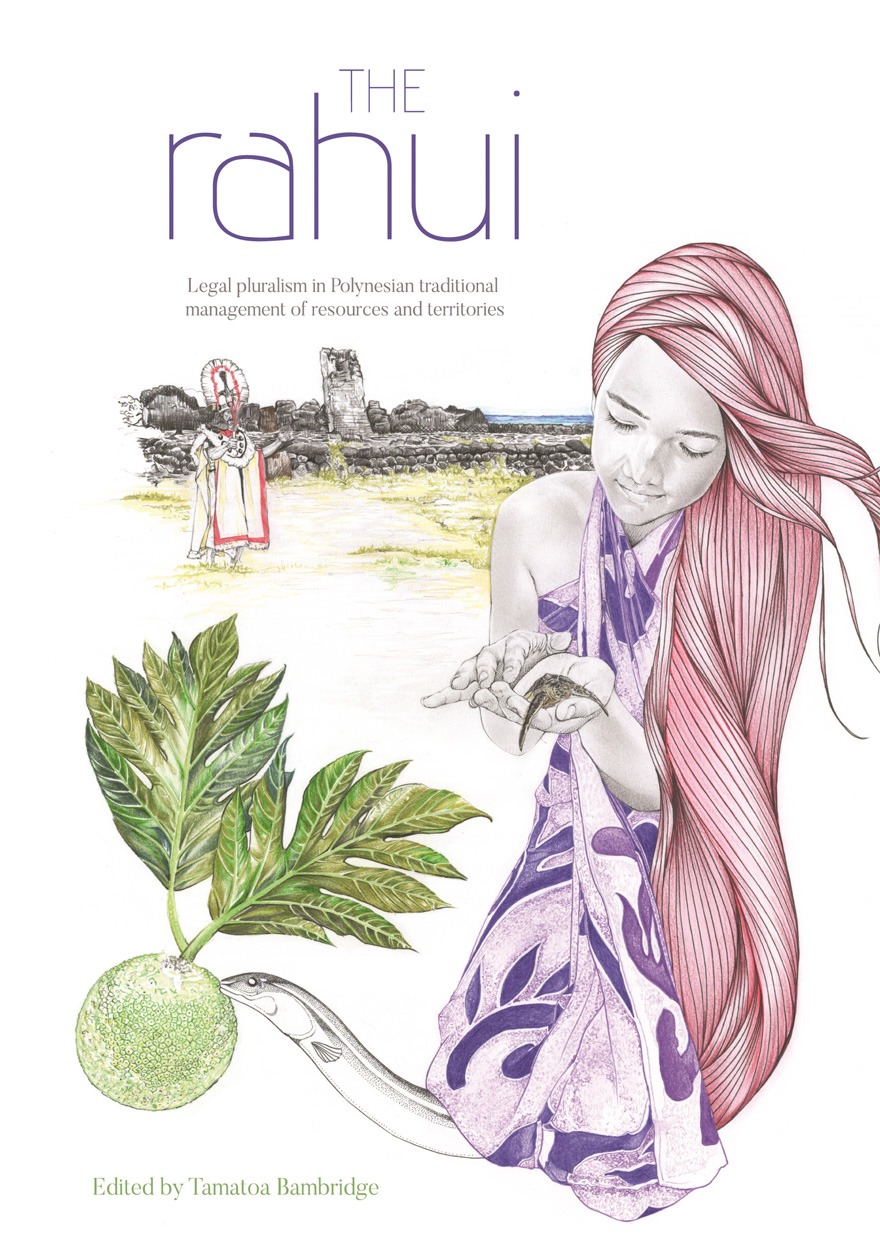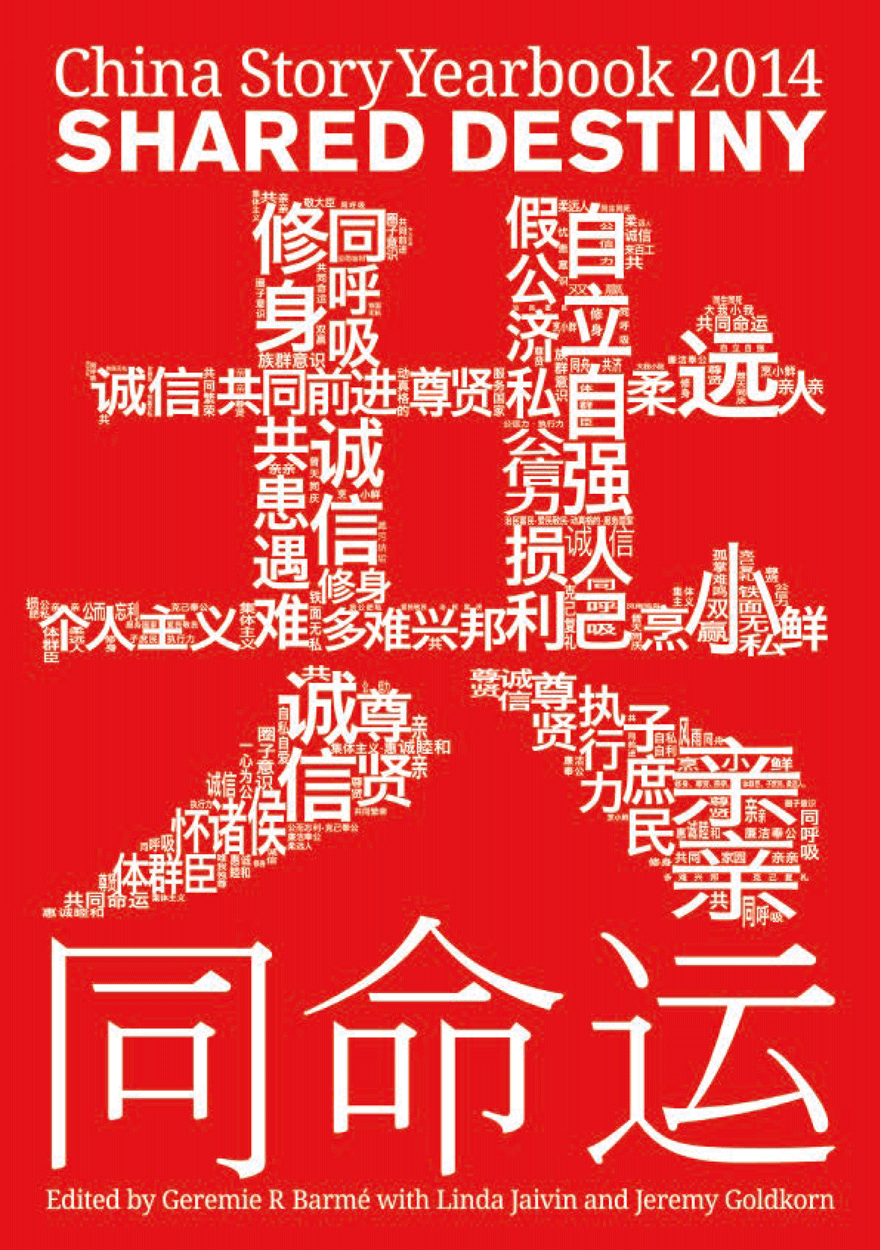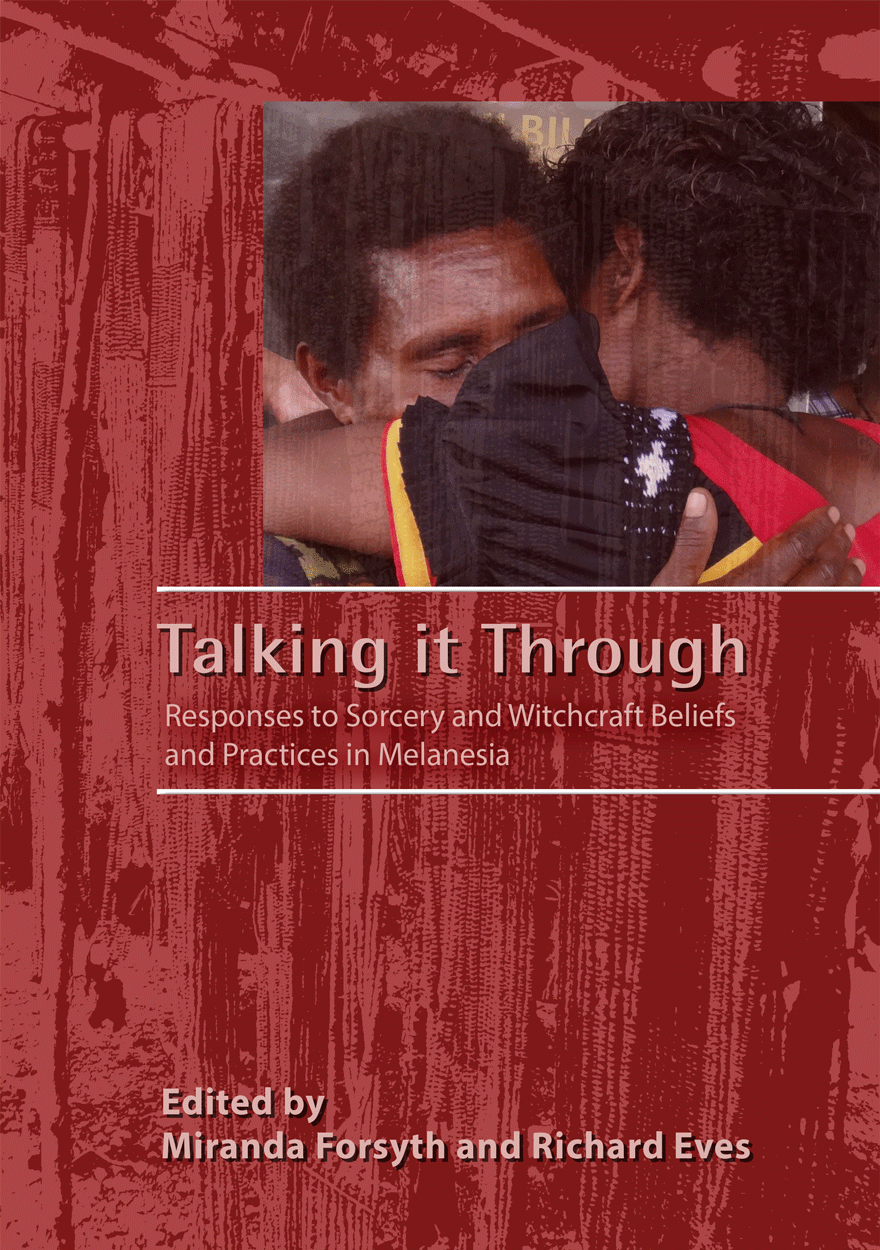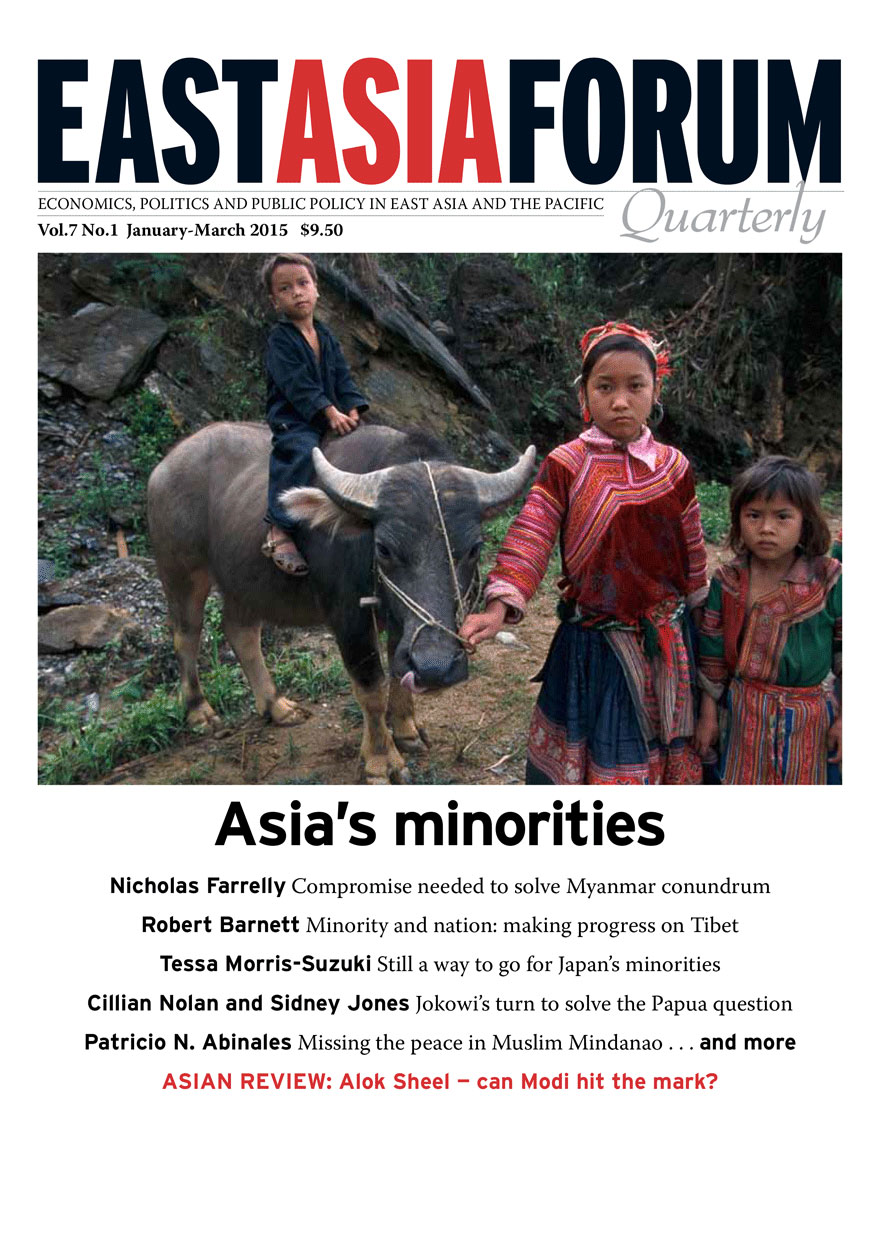Search titles
Displaying results 31 to 40 of 85.

The Rahui »
Legal pluralism in Polynesian traditional management of resources and territories
Edited by: Tamatoa Bambridge
Publication date: March 2016
This collection deals with an ancient institution in Eastern Polynesia called the rahui, a form of restricting access to resources and/or territories.
While tapu had been extensively discussed in the scientific literature on Oceanian anthropology, the rahui is quite absent from secondary modern literature. This situation is all the more problematic because individual actors, societies, and states in the Pacific are readapting such concepts to their current needs, such as environment regulation or cultural legitimacy. This book assembles a comprehensive collection of current works on the rahui from a legal pluralism perspective. This study as a whole underlines the new assertion of identity that has flowed from the cultural dimension of the rahui. Today, rahui have become a means for indigenous communities to be fully recognised on a political level. Some indigenous communities choose to restore the rahui in order to preserve political control of their territory or, in some cases, to get it back. For the state, better control of the rahui represents a way of asserting its legitimacy and its sovereignty, in the face of this reassertion by indigenous communities.

Through a Glass Darkly »
The Social Sciences Look at the Neoliberal University
Edited by: Margaret Thornton
Publication date: November 2015
This collection of essays arose from a workshop held in Canberra in 2013 under the auspices of the Academy of Social Sciences in Australia to consider the impact of the encroachment of the market on public universities. While the UK tripled fees in 2013 and determined that the teaching of the social sciences and the humanities would no longer be publicly funded, it was feared that Australia would go further and deregulate fees altogether.
In the best tradition of the social sciences, the contributors have assumed the role of critic and conscience of society to present penetrating analyses of the ramifications of the corporatisation of the university as neoliberalism continues to occupy the ascendant position in the political firmament. The dramatis personae in these analyses are students, academics, managers and political mandarins with the gendered character of corporatisation an important sub-theme.

Shared Destiny »
Publication date: November 2015
Humanity as never before shares a common destiny, whether it be in terms of the resources of the planet, the global environment, economic integration, or the movement of peoples, ideas, cultures. For better or worse humankind is a Community of Shared Destiny 命运共同体.
The People’s Republic of China under the leadership of the Chinese Communist Party and its ‘Chairman of Everything’, Xi Jinping, has declared that it shares in the destiny of the countries of the Asia and Pacific region, as well as of nations that are part of an intertwined national self-interest. The Party, according to Marxist-Leninist-Maoist theory, is the vanguard of progressive social forces; it cleaves to the concept of shared destiny and its historical role in shaping that destiny. Since its early days nearly a century ago it has emphasised the collective over the individual, the end rather than the means. It addresses majority opinion while guiding and moulding the agenda both for today, and for the future.
Chapter notes are available to view online.

Administrative Decision-Making in Australian Migration Law »
Authored by: Alan Freckelton
Publication date: May 2015
The ANU College of Law, Migration Law Program is pleased to introduce a text in administrative decision-making in Australian migration law. Over the past eight years we have assembled a team of some of Australia’s most highly qualified migration agents and migration law specialists to deliver the Graduate Certificate in Australian Migration Law & Practice, and the Master of Laws in Migration Law.
Alan Freckelton has worked with the Migration Law Program since 2008. Through personal recollections and a comprehensive analysis of administrative decision-making, he brings his professional expertise and experience in this complex field of law to the fore. The examination of High Court decisions, parliamentary speeches and public opinion bring a contentious area of law and policy to life, enabling the reader to consider the impact that legislation and decision-making has upon the individual and society as a whole.

Talking it Through »
Responses to Sorcery and Witchcraft Beliefs and Practices in Melanesia
Edited by: Miranda Forsyth, Richard Eves
Publication date: May 2015
Sorcery and witchcraft practices and beliefs are pervasive across Melanesia. They are in part created by, and give rise to, a wide variety of poor social and developmental outcomes. These include uneven economic development, low public health, lack of social cohesion, crime, fear and insecurity. A further very visible problem is the attacks on men and women who are accused of being practitioners of witchcraft or sorcery, which can lead to serious bodily harm, banishment and sometimes death. Today, many communities, individuals, church organisations and policymakers in Melanesia and internationally are exploring ways to overcome the negative social outcomes associated with witchcraft and sorcery practices and beliefs. This book brings together a collection of chapters written by a diverse range of authors, both Melanesian and non-Melanesian, providing crucial insights both into how these practices and beliefs are playing out in contemporary Melanesia, and also the types of interventions that are being trialled or debated to address the problems associated with them.

Timor-Leste's Bill of Rights »
A Preliminary History
Authored by: Annemarie Devereux
Publication date: May 2015
The Constitution of the Democratic Republic of Timor-Leste of 2002 contains over 40 human rights provisions in its Bill of Rights. In addition to providing an overview of the process leading up to the adoption of the Constitution, this book brings together information relating to each section of the Bill of Rights, presenting:
progressive texts produced during the process of the Constituent Assembly;
highlights of the arguments put forward within the Constituent Assembly concerning the draft provisions, including alternative proposals advanced;
submissions made by Timorese officials, civil society and international bodies; and
the results of consultation with the broader community before and during the constitutional process.
It is designed to be useful in particular to judges and legal practitioners called upon to interpret the Constitution, government officials and civil society actors involved in human rights work, as well as students of history and constitutional law in Timor-Leste and internationally.

New Accountabilities, New Challenges »
Publication date: April 2015
This important and challenging volume of essays draws on insights from leading academics and public servants from Australia, New Zealand, the United Kingdom, Canada and elsewhere. It provides an excellent series of critiques of both the systemic accountabilities and the policy processes of government by drawing on meticulously researched, topical and real-world case studies of governance. Its contribution to the understanding of the applied processes of government in this way is exemplary. Topics covered include: restoring trust in government, parliamentary scrutiny of the APS, administrative law and FOI, budgetary reforms, implementation issues, competition policy, indigenous administration, collaboration with the NGO sector, educational reforms and the changes to the Auditor- General’s mandate.

East Asia Forum Quarterly: Volume 7, Number 1, 2015 »
Publication date: April 2015
East Asia Forum Quarterly grew out of East Asia Forum (EAF) online, which has developed a reputation for providing a platform for the best in Asian analysis, research and policy comment on the Asia Pacific region in world affairs. EAFQ aims to provide a further window onto research in the leading research institutes in Asia and to provide expert comment on current developments within the region. The East Asia Forum Quarterly, like East Asia Forum online, is an initiative of the East Asia Forum (EAF) and its host organisation, the East Asian Bureau of Economic Research (EABER) in the Crawford School of Economics and Government in the College of Asia & the Pacific at The Australian National University.
Download for free
Not available for purchase

Law and Democracy »
Contemporary Questions
Edited by: Glenn Patmore, Kim Rubenstein
Publication date: December 2014
Law and Democracy: Contemporary Questions provides a fresh understanding of law’s regulation of Australian democracy. The book enriches public law scholarship, deepening and challenging the current conceptions of law’s regulation of popular participation and legal representation. The book raises and addresses a number of contemporary questions about legal institutions, principles and practices:
How should the meaning of ‘the people’ in the Australian Constitution be defined by the High Court of Australia?
How do developing judicial conceptions of democracy define citizenship?
What is the legal right to participate in the political community?
Should political advisors to Ministers be subject to legal accountability mechanisms?
What challenges do applied law schemes pose to notions of responsible government and how can they be best addressed?
How can the study of the ritual of electoral politics in Australia and other common law countries supplement the standard account of democracy?
How might the ritual of the pledge of Australian citizenship limit or enhance democratic participation?
What is the conflict between legal restrictions of freedom of expression and democracy, and the role of social media?
Examining the regulation of democracy, this book scrutinises the assumptions and scope of constitutional democracy and enhances our understanding of the frontiers of accountability and responsible government. In addition, key issues of law, culture and democracy are revealed in their socio-legal context.
The book brings together emerging and established scholars and practitioners with expertise in public law. It will be of interest to those studying law, politics, cultural studies and contemporary history.

Name, Shame and Blame »
Criminalising Consensual Sex in Papua New Guinea
Authored by: Christine Stewart
Publication date: December 2014
Papua New Guinea is one of the many former British Commonwealth colonies which maintain the criminalisation of the sexual activities of two groups, despite the fact that the sex takes place between consenting adults in private: sellers of sex and males who have sex with males. The English common law system was imposed on the colonies with little regard for the social regulation and belief systems of the colonised, and in most instances, was retained and developed post-Independence, regardless of the infringements of human rights involved.
Now the HIV pandemic has thrown a spotlight, not altogether welcome, on the sexual activities of these two groups. In Papua New Guinea, a growing body of behavioural research has focused on such matters as individual sexual partnering, condom use and awareness of HIV. My work, however, has a different purpose. I chose the terms in the title to highlight a nexus which I believe exists between the criminal law and negative attitudes of society. At an international level, the argument has been put that decriminalising sex work and sodomy will facilitate HIV epidemic management, reducing the stigma and discrimination these groups encounter and making them easier to reach. I undertook my research therefore with the aim of gaining deeper understanding of the effects the current situation of criminalisation might have on the social lives of these criminalised people today, in the country generally and in Port Moresby the capital in particular, and whether these effects might provide evidence to support the argument for law reform.
This is a rich and well-researched study of the legal, social and moral issues surrounding the criminalisation of two forms of consensual sex…. A very impressive piece of work, it is extensively documented, relies on a wide range of material and makes a clear and coherent argument about the place of law in producing identities and exclusions…. The attention to change over time and the complexity of the ways in which sexual behaviour is enacted and punished is a particular strength of the book.
—Professor Sally Engle Merry, Anthropology, Law and Society, New York University
This book is an exceptional contribution to our knowledge of the nexus between the criminal law and negative attitudes of society, and what effects criminalization has on the social lives of prostitutes and males who have sex with males, and whether these effects might provide evidence to support the argument for law reform…. The author’s experience of Papua New Guinea allows her to comment in depth on such matters as the United Nations’ human rights approach to the HIV epidemic and their call to decriminalize all sexual acts between consenting adults…. She shows that criminal laws—with the help of the normative discourse of religion and media—underpin and legitimize high levels of stigma, discrimination and abuse of prostitutes and males who have sex with males…. The quality of the writing and general presentation are exceptional.
—Laura Zimmer-Tamakoshi, Truman State University (retired)



